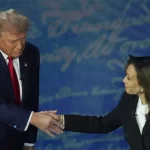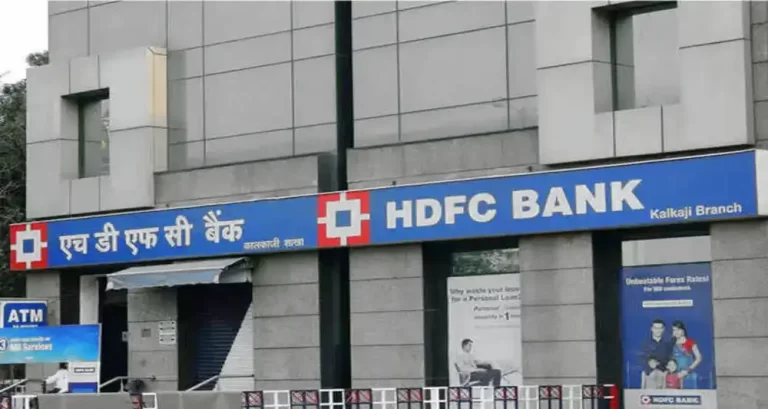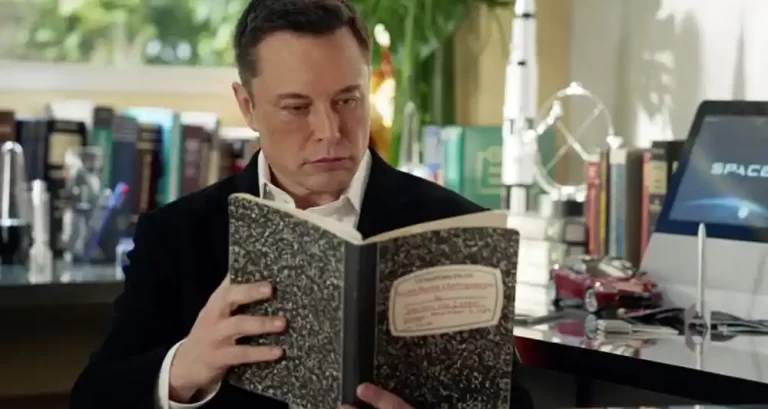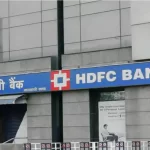According to two people familiar with the talks, federal authorities are scrambling to reach an agreement to sell failing lender First Republic Bank to a larger bank, with JPMorgan Chase as the front-runner.
The FDIC aims to finalise an arrangement by Sunday night, which is expected to involve the government taking on some of First Republic’s failing assets or providing additional assurances to lower the risk of potential suitors purchasing the bank.
The FDIC must receive formal proposals for First Republic by Sunday afternoon, according to the persons who asked anonymity to discuss the conversations. First Republic has recently seen significant deposit outflows and steep share price reductions.
Following the shocking failure of Silicon Valley Bank and Signature Bank last month, federal regulators are attempting to put an end to the turmoil affecting the banking sector. The panic that overtook the two banks during a run on deposits was a major cause of First Republic’s issues.
With more than $200 billion in assets at the conclusion of the first quarter, First Republic, one of the most envious banking brands in America up to this point, would be the third-largest bank failure in American history, behind SVB and Washington Mutual. Last week, First Republic released a sombre earnings report that revealed just how quickly deposits were disappearing and being replaced by more expensive loans—a formula that was unsustainable and contributed to the most recent stock price collapse.
Despite the fact that JPMorgan and PNC Financial expressed interest in a First Republic deal on Thursday, the bidding process was formally opened up on Friday, which might allow another sizable bank to also submit the winning offer, according to a person familiar with the situation.
It is still conceivable for the FDIC to determine that the offers they have received are insufficient and that no agreement will be reached. That would require First Republic to resume operations on Monday and make an effort to survive, if not longer, until regulators accept a subsequent offer.
Since the failure of SVB and Signature, First Republic, a California-based institution with a solid track record and a highly desirable customer base, has been floundering and losing deposits. Like those two, First Republic has a sizable number of clients with deposits in their accounts that are greater than the $250,000 FDIC-guaranteed maximum.
Regulators thought that when the government rescued SVB and Signature, it would let depositors know they didn’t need to worry about their money in their bank accounts. As a result, they decided to backup all deposits at both banks.
That was somewhat successful, but it had no effect on First Republic’s rapid deposit withdrawals or its stock price collapse, which saw the bank’s stock fall by another 40% on Friday to close at just $3.51, or nearly 98 percent, from this time last year. Investors agree that First Republic will continue to fail if it is not saved by a public-private partnership deal by the time the markets open on Monday.
Last month, a group of major financial institutions, including JPMorgan and PNC, attempted to support First Republic by injecting $30 billion in deposits. It was ineffective.
























+ There are no comments
Add yours